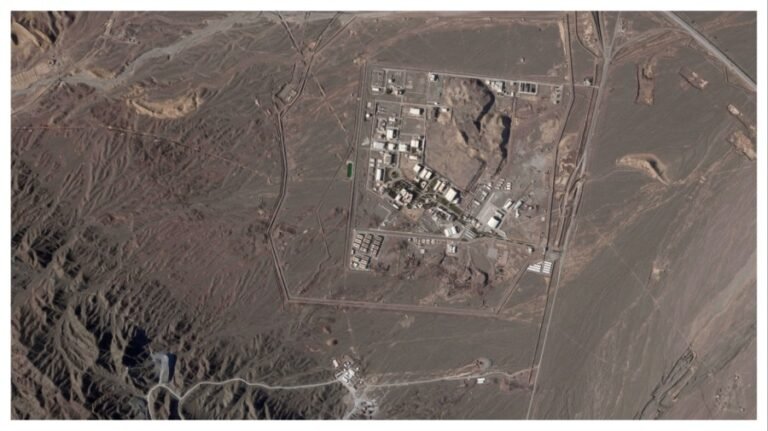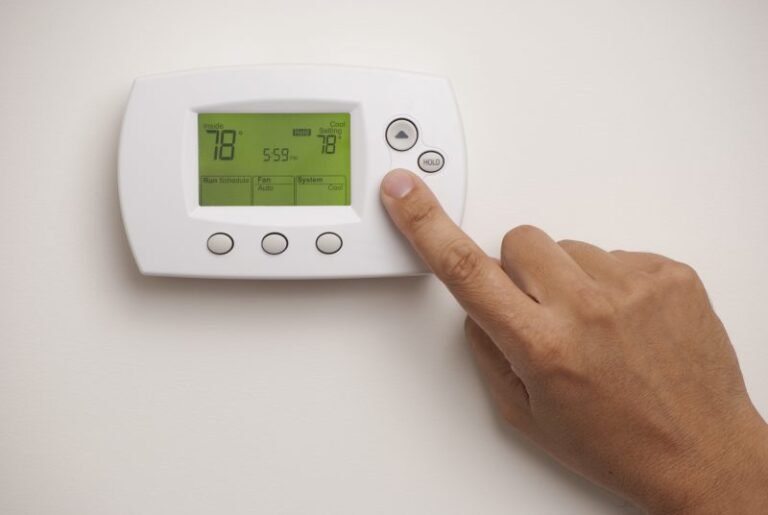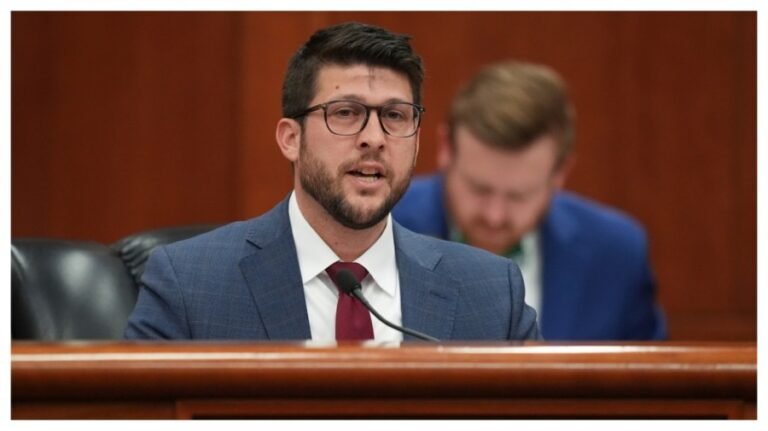
Three months into the Trump administration, the rule of law in our nation is being tested in unprecedented ways as an avalanche of executive orders and declarations ignores both statutory and constitutional requirements. The White House is waging a campaign of intimidation and retribution intended to silence critics and remove opposition both within and outside the government.
The scale of the administration’s actions is staggering and transforming our national government by fiat.
Controlled by narrow republican majorities, both houses of Congress have remained on the sidelines. The absence of congressional response places a heavy burden on the courts. Although there is a daily flow of developments, here is a preliminary assessment of the performance of the courts in checking executive abuse and upholding the rule of law.
More than 100 lawsuits have been filed challenging President Trump’s executive orders. Federal district judges have risen to the occasion, issuing dozens of preliminary rulings pausing the administration’s actions while they consider the lawsuits on their merits. These rulings have largely been upheld by the federal courts of appeals that have ruled on them.
The administration has responded with ad hominem attacks on individual judges, threats against lawyers, suggestions that it need not follow judicial orders and talk of impeachment and cutting of judicial powers. But district judges across the country have remained firm.
The administration has complained that the scope of the injunctions issued by the lower courts is an intrusion into the domain of the executive branch. The reality is that their broad sweep reflects the far-reaching illegality of the administration’s conduct.
Despite the courage of district judges across the country, there is much to be concerned about.
First, the lawsuits have been unable to stem many of the administration’s egregious actions. Individuals and institutions continue to believe they will pay a heavy cost in resisting illegal government conduct. As a result, we have seen media companies settle meritless cases, law firms buckle to unconstitutional executive orders and universities cave to unlawful demands.
Despite the injunctions, the administrative agencies created by Congress are in a state of chaos, and government grantees and funding recipients are being cut off and threatened with cutoffs without a legal basis. Many government workers who have been illegally fired would not return even if offered the opportunity. Non-citizens whose visas or residency status were summarily revoked remain in detention.
Judicial protection from illegality is proving porous and inadequate at this crucial moment.
Second, although the Supreme Court has only just begun to weigh in on these cases, its initial rulings are disturbing.
In key cases, the court has taken the drastic action of stepping in to summarily overturn temporary injunctions while lower court proceedings are continuing. Strikingly, the court has refrained from ruling on the substance of the claims and focused instead on procedural grounds.
This emphasis on procedure can be viewed as a prudent means of ensuring that the courts dot every “I” and cross every “t” before taking on the administration. This level of caution could bolster the credibility of the court if it later strikes down major initiatives on the merits.
Rather than letting the lower courts fully consider the issues and then relying on full briefing and oral argument, the Supreme Court has granted many of the administration’s “emergency” requests, almost by return mail. Even where it has rejected the administration’s pleas, its active consideration of them shifts the focus from the lower courts to the Supreme Court.
Many scholars have called out the Supreme Court’s increasing reliance on the so-called “shadow docket” to make important rulings after only cursory consideration. In recent weeks, the shadow docket has shifted into overdrive in ways that undercut the authority of the district courts right at a moment the Supreme Court should be bolstering them.
Chief Justice Roberts has publicly condemned personal attacks on judges like James Boasberg, who has presided over the challenge to the deportation of Venezuelans to brutal confinement in El Salvador.
But by reversing Judge Boasberg’s preliminary order the day before he had scheduled further proceedings in the case, the Supreme Court is sending the message that district court orders can be overturned at any point. While the Supreme Court’s order holds out the availability of review in individual cases, it squelches Boasberg’s broader review of the whole program.
More generally, the Supreme Court’s actions have encouraged the administration’s tactics of resisting, evading and stalling compliance with district court orders. President Trump said he respects the rulings of the Supreme Court, but he notably omitted any mention of the lower federal courts.
For the courts to stop the avalanche of unlawful actions, firm and engaged district courts are critical. District courts are essential to upholding the rule of law in a timely and effective manner. They build the record on which rulings are based and craft remedies designed to deal with complex and changing situations.
Only district courts can maintain the sustained involvement needed to address entrenched illegality. Despite the courage of so many federal judges, initial results suggest that the Supreme Court is, at best, reluctant to give them the authority and latitude they need.
Perhaps this situation will change. The Supreme Court may well grow exasperated with the administration’s recalcitrance and realize that stronger medicine is needed.
As evidenced by Harvard’s recent response to the administration, law firms, universities and other administration targets may come to realize that President Trump cannot be placated through settlements.
Finally, it is important to be realistic about the ability of the courts to check wholesale presidential illegality without the intervention of Congress. Courts have no roaming power to enforce the law; they only act when lawsuits have been properly brought and even under broad views of judicial power, their remedies are limited by the scope of the cases before them.
Congress has a much broader set of powers. In the end, its action — or inaction — will be critical.
Matthew Diller is dean emeritus and professor of law at Fordham University School of Law.


